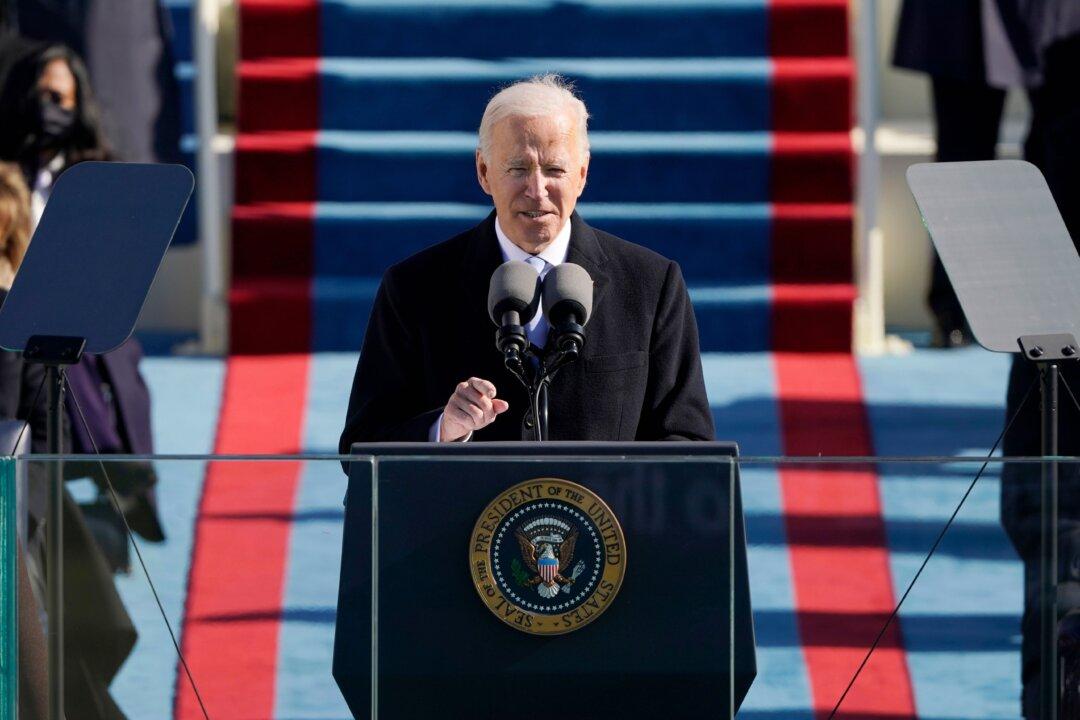Commentary
The week after President Joe Biden’s inauguration, people are still wondering whether he was sincere in his call for unity.

The week after President Joe Biden’s inauguration, people are still wondering whether he was sincere in his call for unity.